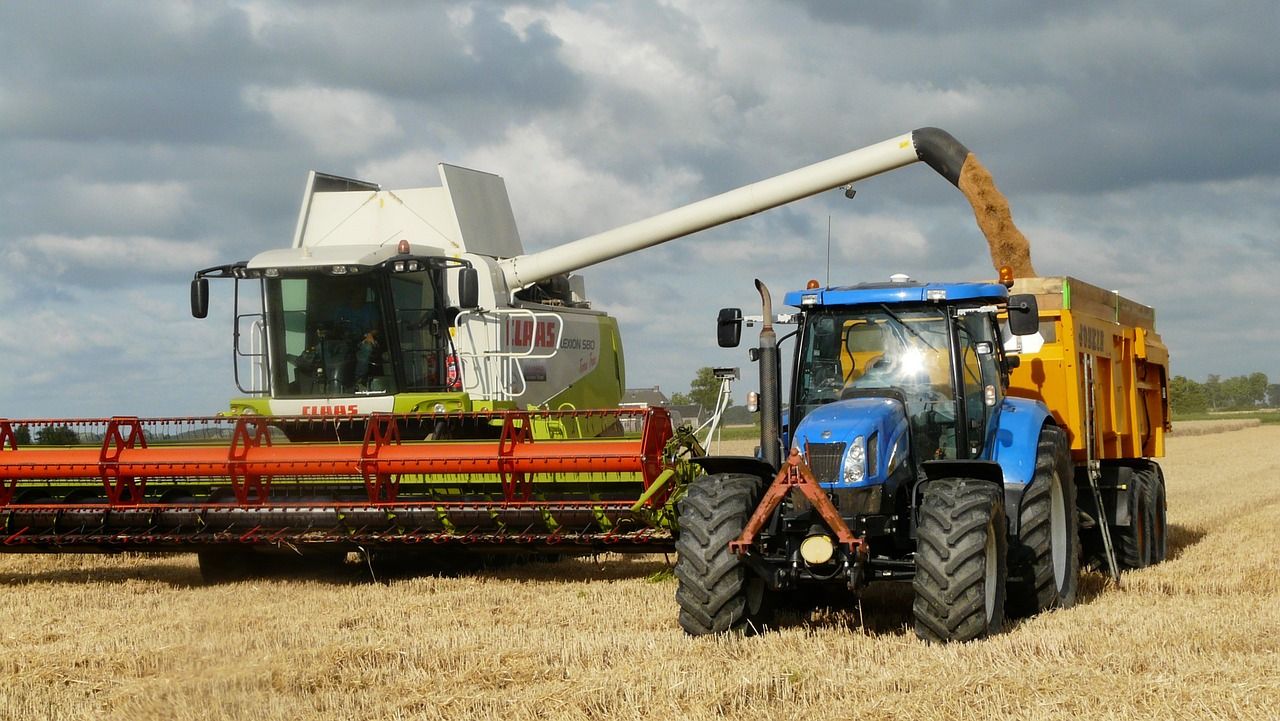FarmLead, an online grain marketplace, has raised $6.5 million in Series A funding in a round led by Monsanto Growth Ventures.
FarmLead helps growers, who typically sell to a handful of local buyers, to negotiate better prices for their grain by opening them up to a new set of potential buyers online.
Canadian agtech venture capital firm Avrio Ventures also invested in the round with Champaign, Illinois-based VC Serra Ventures and Canadian government-backed commercialization agent MaRS Innovation Accelerator Fund. The funding will be used to support the expansion of FarmLead to the US and the opening of its new headquarters in Chicago, a key trading hub for North America.
Launched in 2013, FarmLead has now served more than 4,000 farms across North America, predominantly in Canada where the startup first launched. And the platform has helped buyers and sellers negotiate the sale of 1.4m tons of grain. FarmLead charges $1 per metric ton to both the buyer and the seller in each transaction for the first 80 metric tons. After that, it’s 25 cents per ton.
“We are not working on behalf of either the farmers or the buyers, so we charge them both the same fee regardless of the type of commodity,” said FarmLead CEO Brennan Turner.
Considering the current downturn in commodity prices, helping farmers to get as much as possible for their produce is more important than ever, argues Turner. “In a downtrodden market, even getting a 5% to 6% uplift in pricing is significant,” he said.
It can be particularly helpful if farmers are selling discounted, low quality produce, as Hannah Konschuh, a dryland grain farmer producing wheat, seed barley, canola and yellow peas in southern Alberta, Canada, found out. FarmLead opened up a completely new buyer base to Konschuh, much further away than she would typically sell to, which helped her shift some spoiled canola.
“Our first deal on FarmLead, which was for canola that had spoiled in our bins — what we call burned canola — we sold it to a broker in Regina, Saskatchewan, which is seven and a half hours away and much further than our usual hauling radius,” she told AgFunderNews. “We would never haul for that, but FarmLead also allows you to negotiate on shipping, so we had it picked up from our yard.”
Including the cost of shipping, Konschuh managed to sell the spoiled canola for twice what a local buyer had offered. Konschuh typically deals directly with feedlots of private elevators, and never brokers, so FarmLead also helped her access a new buyer type.
Konschuh still has great relationships with her local, private grain elevator buyers, but sees FarmLead as a way to diversify the farm’s marketing strategy. “We don’t want to have all our eggs in one basket and see FarmLead as another tool in our marketing toolbox, to make sure we’re going after the highest return on our product.”
On the buyside, Kris Westblom, from Hamiota Feedlot in Manitoba, Canada, FarmLead is a good way to diversify his purchasing options, and over 18 months he made 5% of his purchases through the platform, although negotiated on several more.
“I think it’s always good to diversify and have numerous sources of product, so you’re not handcuffed to one broker or one market, particularly when the product is at a point in the cycle that it’s hard to find,” he said. “I would say FarmLead is still in its infancy, but it’s come a long way, and the mobile app is really good; last time I used it I found it easier to use than the website version.”
Pricewise, his purchases have not been much cheaper to those he gets through brokers — his typical source of grain — although he likes that it cuts out the middle man and the fees that go with that on both sides of the deal.e-e
With this round of funding, FarmLead is expanding to the US where 5% of its customer base are already based. It is opening a headquarters in Chicago and already starting to hire new personnel to fill it.
“We didn’t actively pursue US customers, but we started getting requests from people as far away as Texas so that suggested we should go to these places,” said Turner.
The funding will also go towards building out new product capabilities such as enabling payments through the platform; currently, this is handled outside of FarmLead. “While the large agribusinesses are not going to worry so much about being paid, it would be great to give extra assurance to some of our smaller grower clients to make sure the contract goes smoothly.”
Turner says FarmLead’s approach is unique to other online marketplaces that often have predetermined conditions of sale; FarmLead allows growers to list their crops at any time without any upfront costs, and they can sell to any buyers on the platform.





